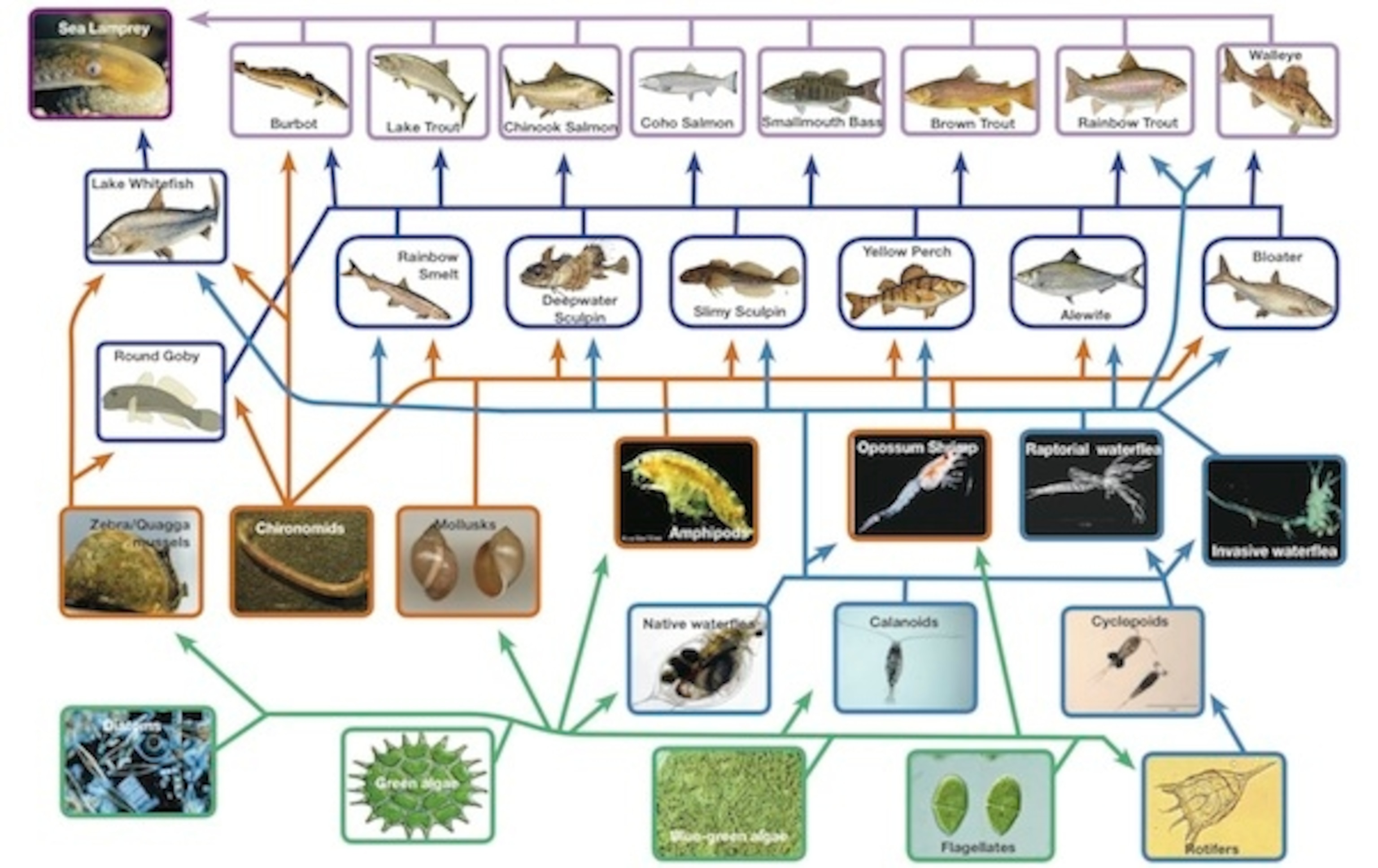New England’s fisheries are in such bad shape that the Department of Commerce has now declared them a disaster. It’s not merely the sheer volume of fish we’re catching that explains the woeful state of these fish stocks. Even in places where governments have established strict limits on fishing, some fisheries have been unexpectedly slow to recover. That’s because fish don’t exist in isolation. They’re part of ecological networks. And when we hammer these networks, they can suddenly flip into a new state. Getting them back to their old state can be surprisingly hard.
In the new issue of Scientific American, I’ve written a feature on recent research into how ecological networks flip, along with attempts to detect warning signs of food webs on the brink (subscription required).
P.S. A needless snarky commenter objected to having to pay for the article. As I pointed out to him or her, if you want to read two lengthy scientific reviews on the subject for free, here is a pdf and here’s another one.
